Ukrainian Science of the 21st Century: Influence on World Science and Work During the War
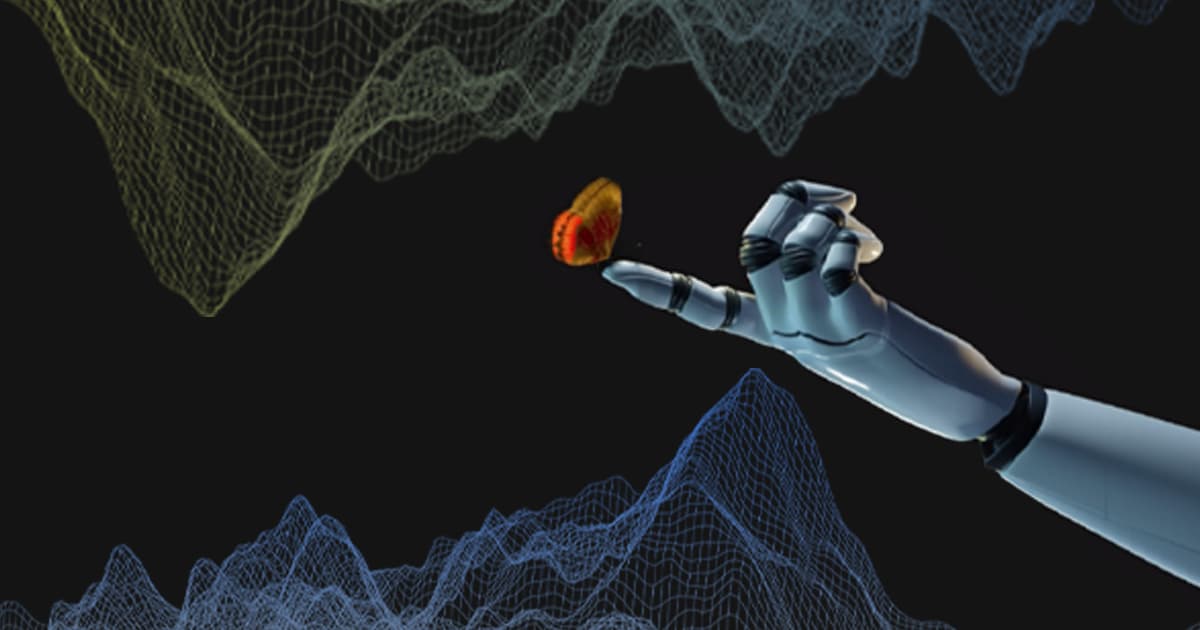
Ukrainian science is currently going through difficult times due to the full-scale war. Nevertheless, during the 21st century, Ukrainian scientists became the authors of scientific developments and discoveries that are unique in the world.
Svidomi collected the developments of Ukrainian scientists of the 21st century that have no analogues in the world.
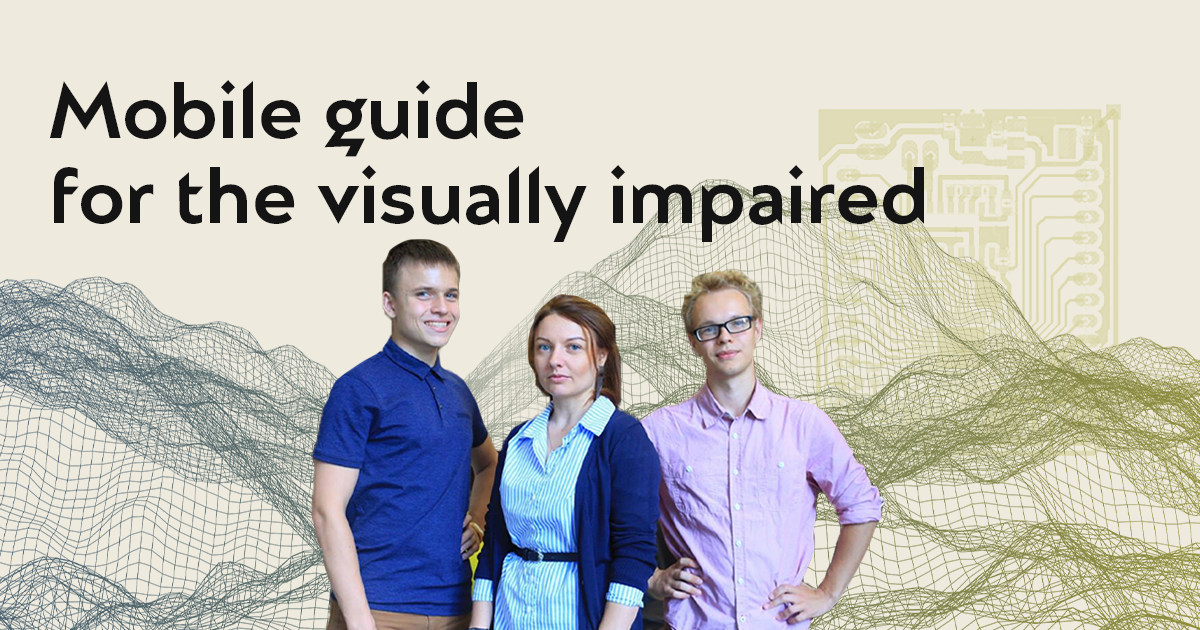
Three scientists, Ivan Selezniov, Andrii Konovalenko, and Lesia Kondratiuk, have developed the OpenWorld project to help visually impaired people better navigate the streets.
The OpenWorld project creates Bluetooth beacons that are attached to public transport and urban infrastructure. Using a specially developed mobile application, a person will be able to identify and choose the object or direction of movement they need. This technology will work together with GPS.
The sensors will also help to navigate public transport. If a bus equipped with such a device arrives at a bus stop, a person can find out the route number and its direction and get on.

Kharkiv-based scientist Serhii Tymchuk has developed plastic wrap — polyethylene that can be eaten. The basis of the invention is corn starch.
Plastic wrap polyethylene decomposes in 4 weeks. Ordinary plastic bags, on the other hand, take 15 years or more to break down. This wrap can also be dissolved in boiling water in a few minutes. It is tasteless and colourless.
The technology is costly, and the production of conventional polyethylene is cheaper. In particular, special factories need to be built to produce the plastic wrap.
Serhii Tymchuk currently works at the State Biotechnical University. He teaches scientific research methodology, basics of fuzzy logic control, neural networks and systems.
About 25 of Tymchuk's publications have been published on Scopus, one of the largest databases of abstracts and citations of peer-reviewed scientific literature, including scientific journals, books, and conferences.
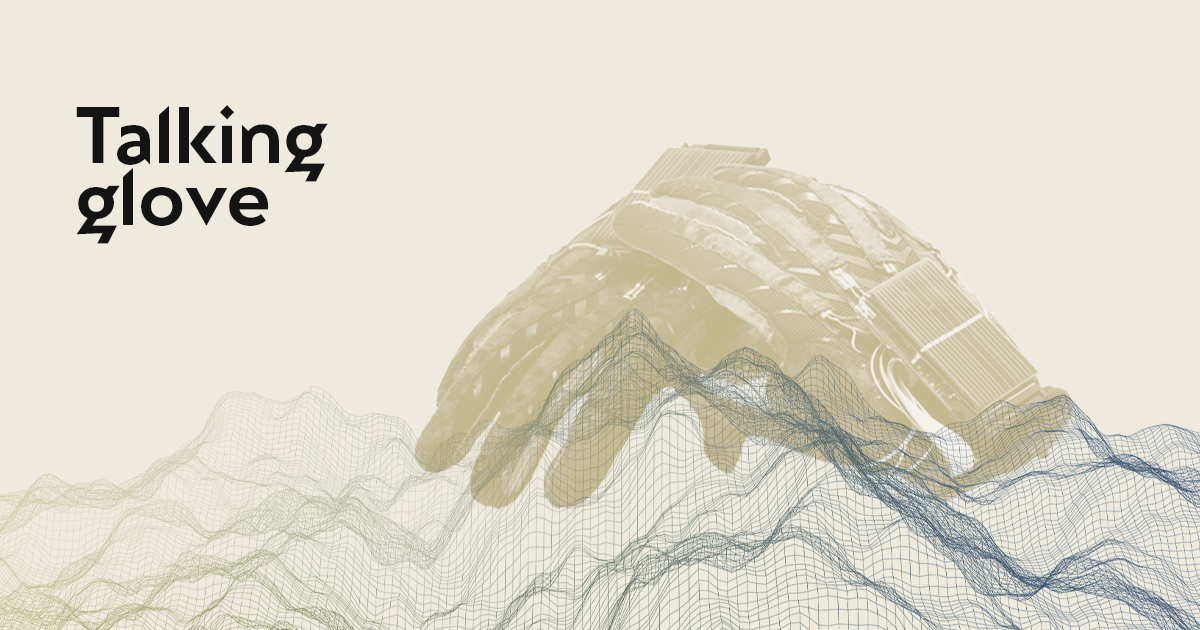
In 2012, a team of Donetsk students (Valerii Yasakov, Anton Stepanov, Anton Posternikov, and Maksym Osyka) decided to facilitate communication with people with hearing impairments. The students developed a glove that can translate sign language into sounds.
This invention won first place at the Microsoft Imagine Cup competition and was featured in the US magazine Times as one of the best inventions of 2012.
The Enable Talk glove is equipped with sensors, and Text-to-speech converts gestures made by a person wearing the glove into text or audio speech. The system connects to a smartphone or tablet via Bluetooth. The device is also equipped with solar panels to support the battery.
In 2014, at the beginning of the Russian invasion, the startup's developers moved away. Yasakov and Osyka moved to Lviv, and Posternikov moved to Rostov in Russia. In Donetsk, some developers left their computers with the work they hadn't managed to save.
In February 2015, the team tried to apply for an international patent for their technology. There is no information on the further development of the technology.
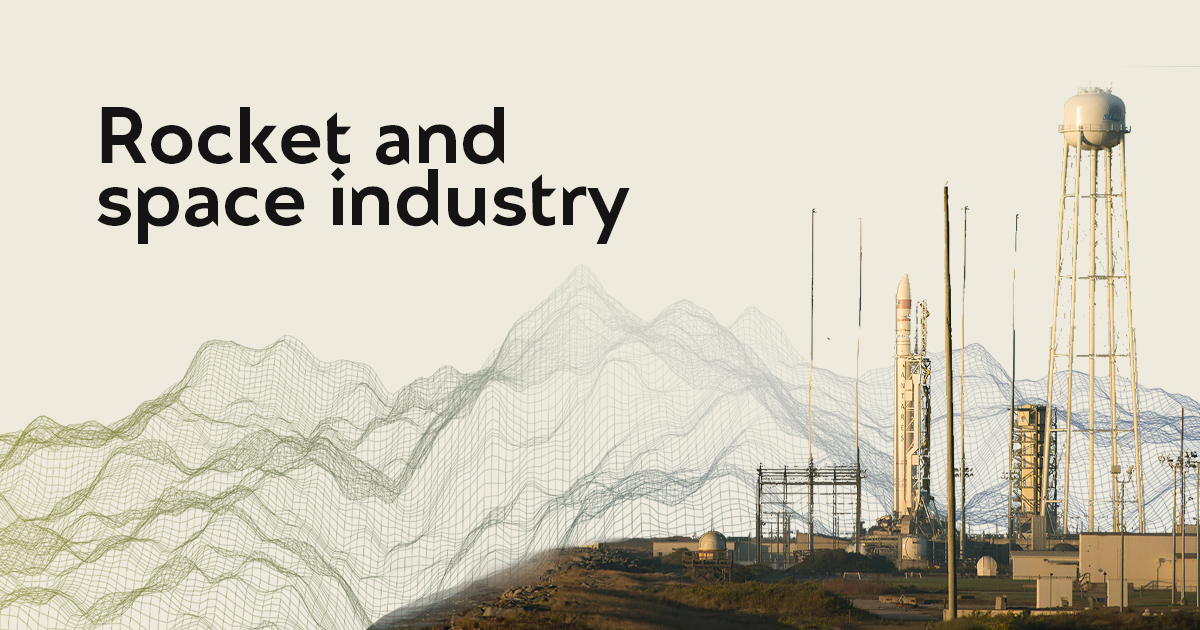
The leading centre of Ukraine's space industry is the Pivdenne Design Office and the Pivdennyi Machine-Building Plant in Dnipro. They design and manufacture launch vehicles, spacecraft, and control, orientation, and trajectory measurement systems.
Ukrainian specialists have made a significant contribution to the development of spacecraft: Sich-1, Okean-O, AUOS, and Mikron, as well as Zenit-3SL, Zenit-3SLB, and Tsyklon-3 launch vehicles.
Pivdenmash manufactured the central block of the first stage of the Antares launch vehicle. On February 15, 2020, the launch of the Antares medium-class launch vehicle was carried out from the Wallops Flight Facility in Virginia, USA. The rocket launched the Cygnus uncrewed cargo transport vehicle, which delivered about 3,750 kg of payload to the International Space Station under a contract with NASA.
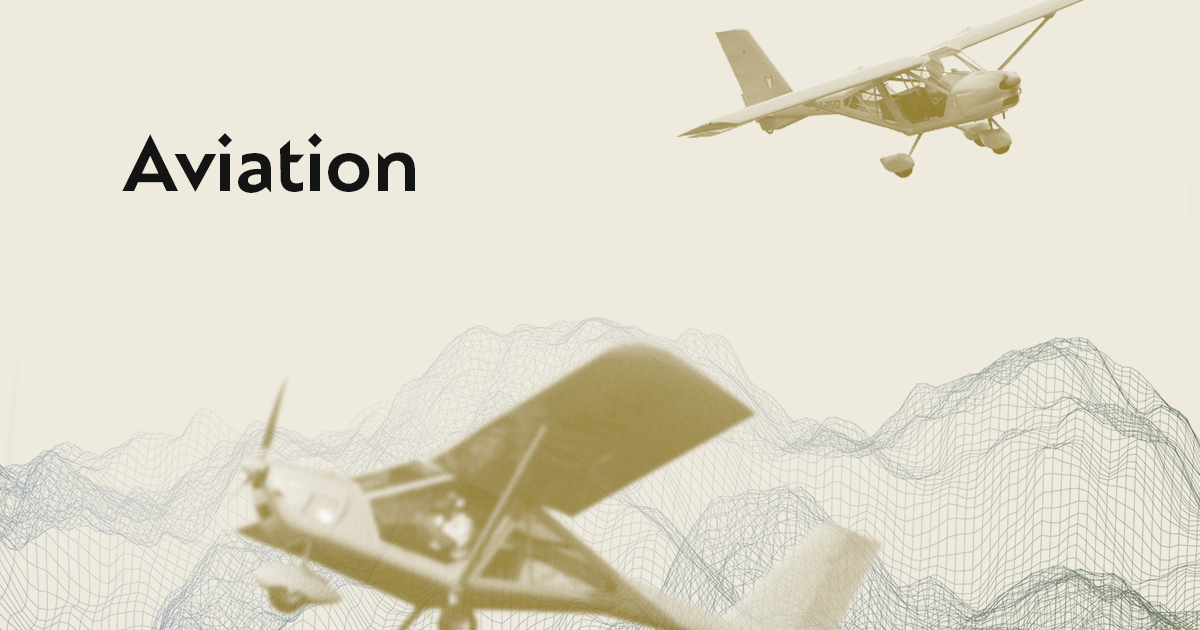
Since 1991, Aeroprakt has been operating in Ukraine, specialising in the production of ultralight two-seat high-performance aircraft. The aircraft manufactured by the company were purchased on the international market. In particular, there are 220 Aeroprakt aircraft in Australia. About 50% of the company's aircraft are sold to the countries of the European Union — to individuals and flight schools.
In 2018, Aeroprakt produced a record number of aircraft in its history — 96 units, and its annual turnover approached €5 million. Aeroprakt's production volumes represent 5% of the global market for such aircraft.
The plant was built in the Kyiv region. During the full-scale invasion, there was fighting on the territory of the flying club in Makariv. The Russians dropped two 500-kilogram bombs, one of which damaged the plant's hangar building.
A new plant for the production of ultralight aircraft is currently under construction near Makariv. The future aircraft plant has already repaired the damage caused by the Russian bombing.
In 2022, Aeroprakt built 86 aircraft, compared to 92 the year before.
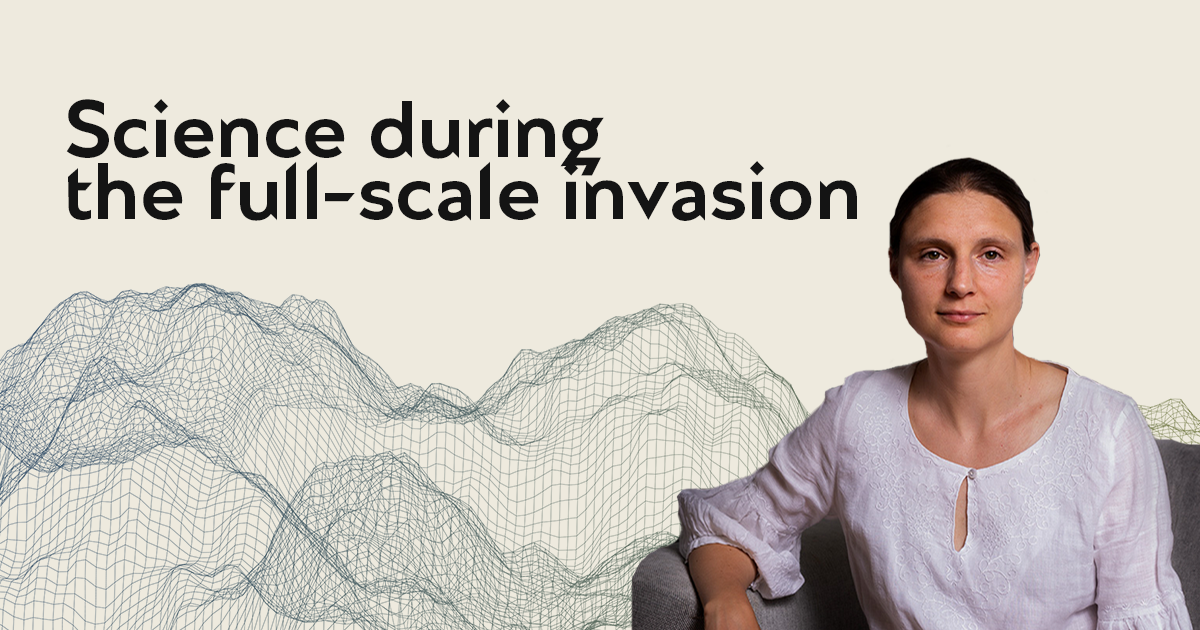
In 2022, Ukrainian scientist Maryna Viazovska received the most prestigious mathematical award — the Fields Medal 2022. The Ukrainian was awarded for solving problems on spheres packing in multidimensional spaces and further contribution to solving the interpolation problem in Fourier analysis. Until now, Ukrainians have never won the Fields Prize.
Viazovska is currently the Head of the Department of Number Theory at the Swiss Federal Institute of Technology in Lausanne (EPFL). Prior to that, she lived and worked in Berlin for a long time, studied at the Technical University of Kaiserslautern and then at the University of Bonn.
The Science and Business platform is also active in Ukraine. It is an online platform for communication and effective interaction between business and the scientific community. Since its launch, 541 users have joined the platform.
The platform allows scientists to present their scientific product or innovative development. Businesses can also place their requests for popular scientific products and innovations.
As of June 2022, the platform registered 45 relevant scientific developments, including in the areas of national security, military and technical sciences, as well as 8 proposals for conducting and implementing joint research in the fields of technical, agricultural, economic, medical, pedagogical, and other sciences.
As of April 2023, the platform continues to receive scientific developments and business inquiries.


